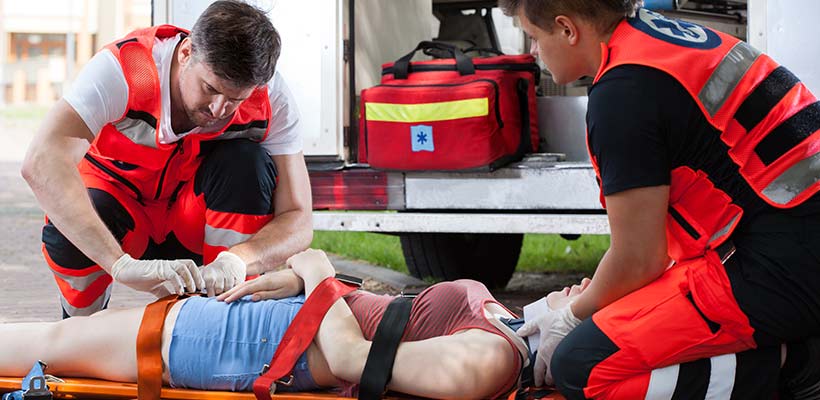How to be Medically Alert!
One thing that is essential to the health and safety of ourselves and our family members is to document our medical history.
Let’s talk…
We start by filling out those “medical forms” for school and trying to keep track of inoculations for our kids.
We end up seeing several different specialists for multiple diagnoses and can never remember their names or phone numbers when we really need them. And then there are the medications. So many people take them indiscriminately, not realizing that taking medications improperly often leads to hypertensive crisis, diabetic ketoacidosis, or overdose, to name a few.
With all the electronic medical records out there, it should be easier to keep track of things, but many offices to not communicate with each other.
It is the patient’s responsibility to know what they are taking for meds,
who they are seeing and what every diagnosis is. They should get help with this from their primary care office, but things can slip through the cracks quite easily.
Here are some hints to keep track of your physicians and treatment. This is especially important if you travel frequently, have memory problems, or have multiple diagnoses.
1) Have a folder for each person in the house with their full name and date of birth
2) Keep a card (stapled to a piece of paper) for each of your physicians
3) On that piece of paper write any diagnosis, meds ordered, and dates of visits
4) Ask for copies of results for every test you have done (x-rays, EKG, etc.)
5) Go to one pharmacy. This way they can keep track of medication and interactions.
6) Ask your pharmacy for the package insert for each of your meds (for side effects)
7) Keep a copy of your last blood work. You should have a comparison for the next draw.
8) If you travel, see if your PCP can put your history on a thumb drive/ memory stick
9) Wear a medical alert bracelet for allergies, heart conditions, diabetes, blood thinners and any chronic disease.
10) Have an updated medication/ allergy/ physician list for any new practitioner you see.
These steps sound like a hassle but they are very important. If you are in an accident, the rescuers needs to know you are on a blood thinner. If you are allergic to nuts and your throat is closing, you need something to communicate this.
So take an hour, pull together a folder, collect cards and update it frequently. It could save your life but if nothing else, it will definitely save you time.
Last modified: December 11, 2020










